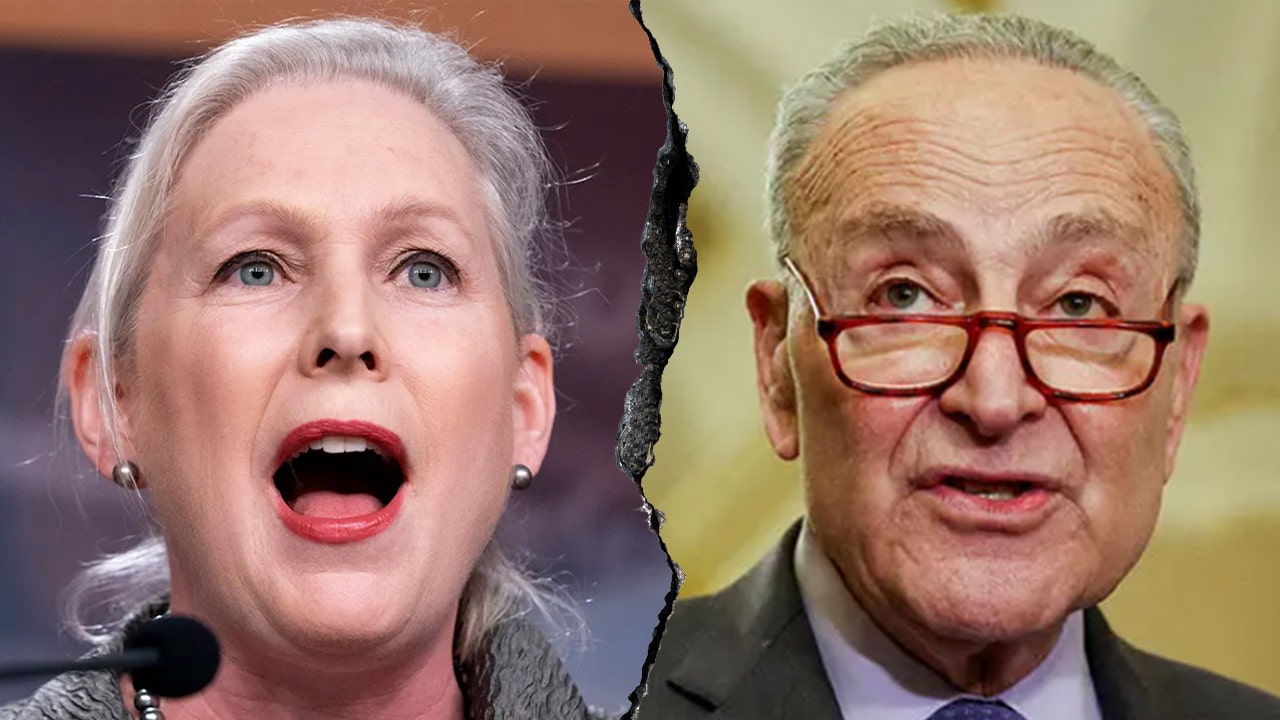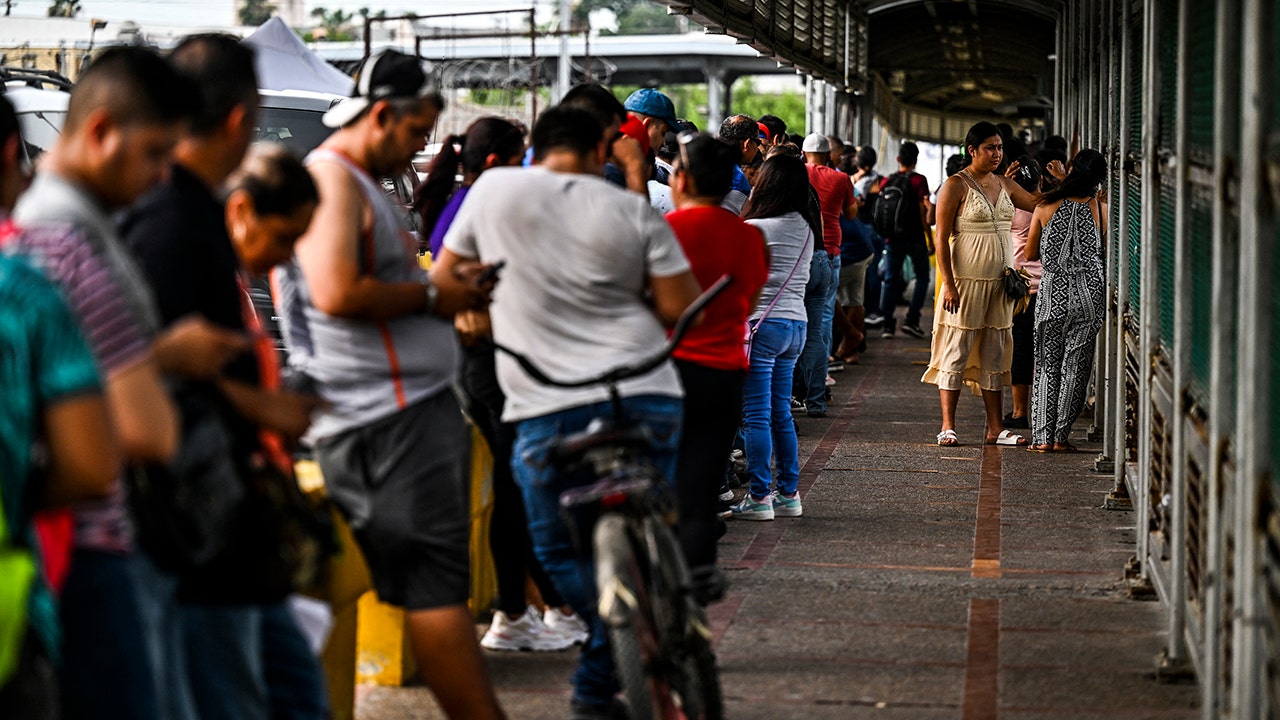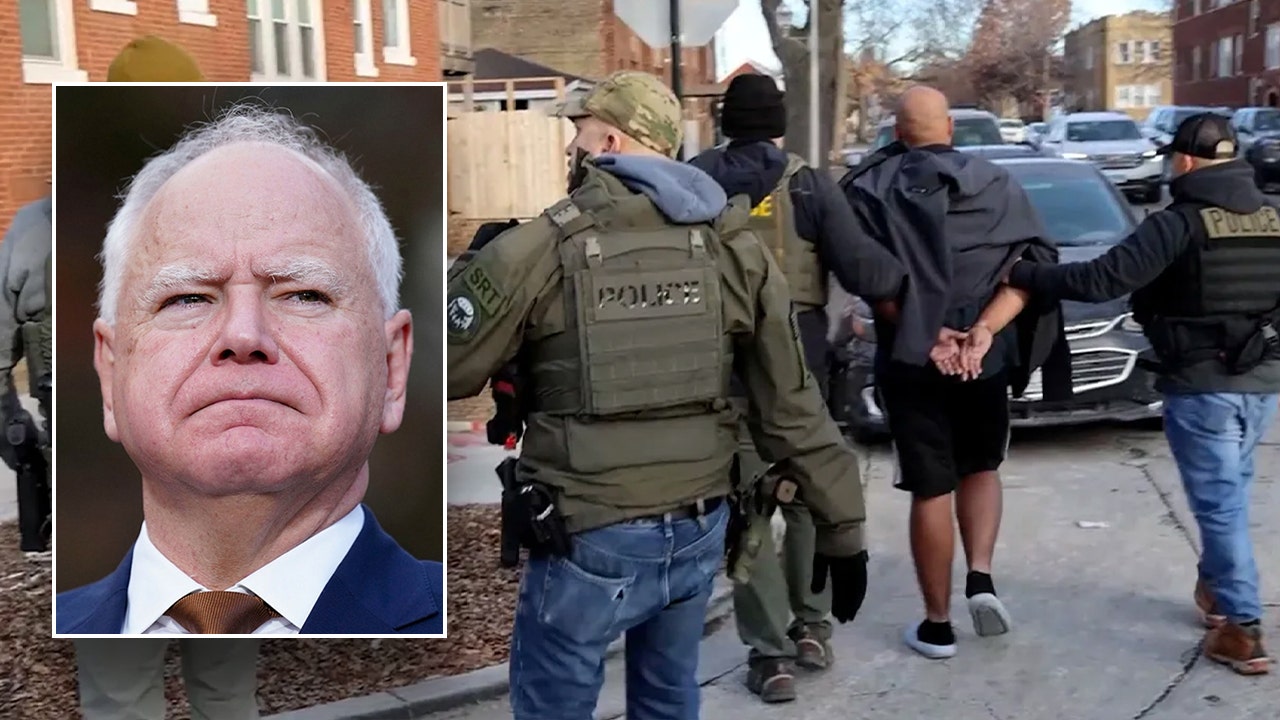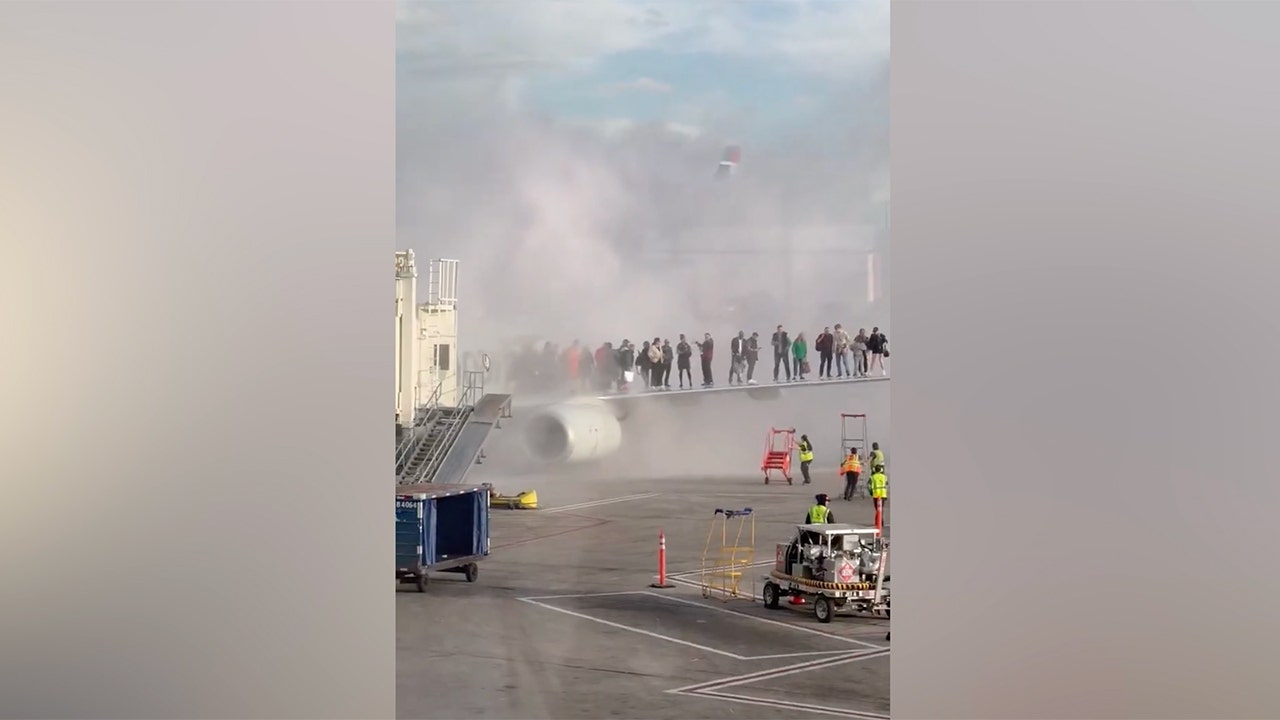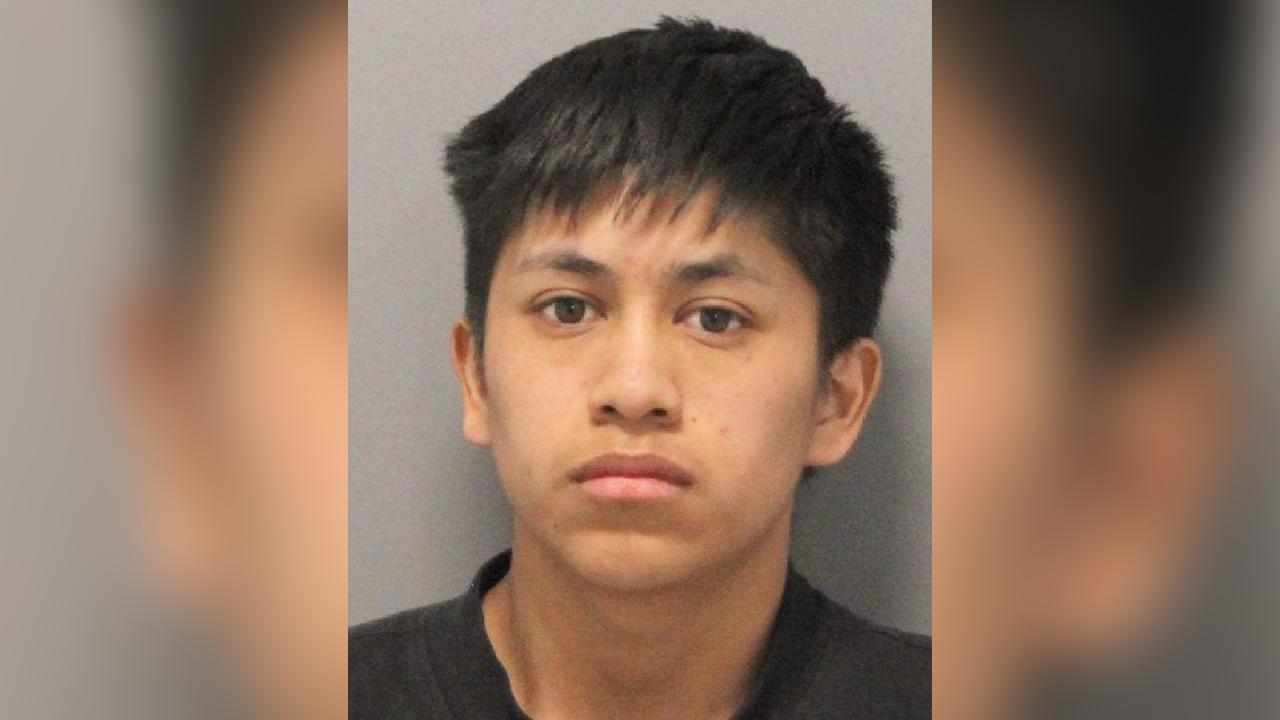“China and the Mexican cartels are not trying to create drug addicts — they [are] trying and succeeding at killing off our people — primarily young men. If we were in a traditional war with over 100,000 dying each year from guns and bombs, our citizenry would be demanding that Congress and the president put an end to the war.”
— Rebecca Kiessling, mother of two boys killed the same day by fake prescription pills that turned out to be fentanyl.
President Trump made history by signing more Day One executive orders than any other president on record. But for the millions of Americans affected by the fentanyl crisis, one stood out: He ordered international cartels be designated terrorist organizations, unleashing unrestricted financial warfare on Mexican drug organizations, their facilitators and the Chinese money-laundering organizations that move and control the proceeds of fentanyl.
This is good news for law enforcement and the countless families who’ve lost their loved ones to fentanyl. Now the Trump administration and Congress must commit the necessary resources to enforce this effort.
The fentanyl epidemic on our shores has already claimed nearly half a million American lives and crippled the US health system with trillions in costs — while cartels walk away with billions in profits. More than 80% of New York City’s thousands of drug overdoses each year involve fentanyl.
Victims are often young adults or children seeking to self-treat anxiety or get help concentrating from fake prescription pills they unsuspectingly buy online.
The DEA seized enough fake prescription pills laced with fentanyl in 2022 to kill every American — and it’s likely just as many deadly pills made it through.
Caleb, 20, and Kyler Kiessling, 18, died along with their friend Sophia Harris, 17, in Michigan after taking what they thought was Percocet. Kyler had graduated high school just the day before. Logan Rachwal, 19, died in Wisconsin from the same fatal mistake.
The Drug Enforcement Agency says the leading cause of death for Americans aged 18 to 45 is fentanyl overdose.
Tragically, even fentanyl deaths of children under 5 years old are on the rise.
Ezekiel Rivera died in California from acute fentanyl toxicity after his father used drugs — he was just 2 years old.
Recognizing the enormity of the fentanyl challenge, Trump’s executive order escalates the opioid crisis from a public-health emergency to a matter of national security — which is exactly what it is.
Trump’s move also helps target the organizations responsible for laundering cartels’ dirty money. As many in the law-enforcement community have noted, these criminal organizations, including Chinese triad gangs, often appear to operate freely in the United States and the rest of North America.
Just last year, TD Bank agreed to pay $3 billion in penalties after pleading guilty in New Jersey federal court to lax oversight in connection to Chinese money laundering of fentanyl-related funds. Multiple bank employees knew what was going on.
The reality is criminal organizations cannot operate in America or elsewhere without the financial and legal facilitators who help move and hide their money. It takes a village of rogues.
Trump’s order raises the stakes for cartels and their bankers, accountants and lawyers, who could soon face terrorism-related charges for transactions that previously might have been viewed less severely as criminal or commercial offenses. Under a terrorist designation, these facilitators may also face civil litigation from the families of overdose victims.
But first we need to find these willing accomplices.
Designating the cartels terror organizations also targets their access to precursor chemicals needed to produce fentanyl. Precursor chemicals originate in a China-dominated supply chain that stretches into the highest levels of the Chinese Communist Party. Over the years, the CCP has turned a blind eye to — even incentivized — the illicit supply of these chemicals. Under the new order, any steps taken to support this activity can be considered support to a terrorist group.
To effectively purge the illegal-fentanyl trade, the United States must unmask both the cartels and their enablers.
Reporting has shown a direct link between anonymous shell companies and fentanyl trafficking. These opaque corporate entities serve as fronts for fake pharmacies and cartel money laundering and obscure the transport of drugs. Chinese gangs use shell companies to hide criminals behind layers of corporate anonymity.
Recognizing this risk, the first Trump administration worked with law enforcement and Congress to enact the bipartisan Corporate Transparency Act in January 2021, which outlaws anonymous shell companies.
Yet the small-business lobby’s misguided efforts to repeal the CTA now threaten to undermine Trump’s critical new executive order and cripple law enforcement’s ability to follow the money.
We cannot afford to remove the handcuffs on investigators only to blindfold them. The Department of Justice and other law-enforcement agencies will need beneficial ownership information to speed up the prosecution of cartels and their enablers and seize their cash.
Looking ahead, the Trump administration and Congress should build a strategy to unleash unrestricted financial warfare against the cartels and their enablers, including increasing the numbers and powers of “financial cops on the beat” to battle the cartels’ army of lawyers, advisers and accountants.
Tracing, tracking and terminating these financial lifelines will also require modernizing the government’s financial-crime apparatus with artificial intelligence and specialized expertise to filter through millions of financial records the government already possesses.
Federal, state and local authorities need the requisite funding and staffing to act on these leads before more lives are lost.
With the fentanyl epidemic’s costs moving well into the trillions, it’s hard to understand why Congress and the states wouldn’t fund more law-enforcement officers along with the tools and technology they need — it would be a fraction of the costs the American people have already endured.
America can’t fight this war alone. The secretary of state should appoint a special envoy to coordinate international efforts and foster cooperation in intelligence sharing, law enforcement and financial regulation to disrupt money-laundering networks.
Equally important, as Trump understands, Mexican and Canadian officials will need to work with the United States as proactive partners to expose and mitigate the financial, commercial and corruption risks associated with cartels while reinforcing safe and secure trade in North America. The success of a full-scale crackdown on cartel cash will hinge on mutual trust and responsibility — and an airtight North American playbook.
Beyond government action, the terrorist designation offers new paths for restitution. The thousands of families harmed by fentanyl may soon be able to sue those aiding the cartels under terrorism statutes. Congress should support this effort by further authorizing private individuals to sue the cartels on behalf of the government and share in any penalties recovered. This would increase enforcement while reducing costs. Similarly, expanding whistleblower-rewards programs could incentivize insiders to expose violations.
President Trump’s move to label foreign drug cartels terrorist organizations is an important step forward, but it’s just the beginning. What really matters now is whether the government unleashes the full power of its tools, from sanctions designations and prosecutions to seizing the cartels’ cash.
Strong enforcement and proper funding will be key to stopping the cartels from continuing to flood America with fentanyl.
“Please don’t let my boys’ deaths be in vain,” Rebecca Kiessling begged Congress, saying she hopes telling their story helps “humanize the massive losses from our border crisis.”
For families like hers, who have experienced heartbreaking loss in this fight, there may finally be a sense of justice when Washington turns promises into action. This could be the moment when the cartels’ grip begins to loosen for good.
Elaine Dezenski is senior director and head of the Center on Economic and Financial Power at the Foundation for Defense of Democracies.
Read the full article here


